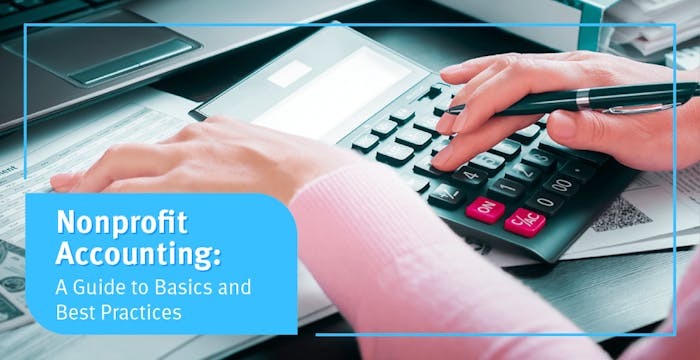How to Handle Accounting for Nonprofits
Managing accounting for a nonprofit organization can be a daunting task. Unlike for-profit businesses, nonprofits have unique financial reporting requirements and a distinct set of challenges. However, with the right approach and tools, nonprofits can maintain transparency, ensure compliance, and effectively manage their finances. Here’s a guide on how to handle accounting for nonprofits.
1. Understand the Basics of Nonprofit Accounting
Nonprofit accounting operates on a different framework than traditional business accounting. The primary focus is on accountability rather than profitability. Nonprofits must adhere to generally accepted accounting principles (GAAP) and may also need to follow specific regulations set by the Financial Accounting Standards Board (FASB).
Key components of nonprofit accounting include:
2. Implement a Robust Accounting System
Utilizing an accounting software designed for nonprofits can streamline financial management. Popular options like QuickBooks for Nonprofits, Aplos, and Blackbaud provide features tailored to the unique needs of nonprofit organizations. These systems can help with:

Choose a system that fits your organization’s size and fundraising strategy. Make sure to train your staff on how to use the software effectively.
3. Maintain Accurate Records
Accurate record-keeping is crucial for nonprofits. Maintain detailed records of all transactions, including receipts, invoices, and bank statements. Organize documents by category (e.g., donations, expenses, payroll) for easy access during audits and reporting.
Regular reconciliations of bank statements with your accounting records will help catch errors early and ensure that your financial data is reliable.
4. Establish a Budget
Creating an annual budget is essential for effective financial planning. A budget allows you to allocate resources efficiently and helps guide decision-making throughout the year. Involve key stakeholders in the budgeting process to develop realistic projections for income and expenses.
Monitor your budget regularly and adjust as necessary to reflect changes in funding or operational needs. This practice not only aids in financial stability but also reinforces accountability to your donors and stakeholders.
5. Comply with Reporting Requirements
Nonprofits must adhere to specific reporting requirements to maintain their tax-exempt status. This includes filing the IRS Form 990, which provides a comprehensive overview of your organization’s financial activities. Depending on your organization’s size and revenue, you may also need to file additional forms or comply with state-specific regulations.
Stay informed of changes in compliance requirements and consider consulting with an accountant who specializes in nonprofit organizations to ensure that you meet all obligations.
6. Engage in Financial Training
Investing in financial training for your board members and staff can enhance your organization’s financial literacy. Understanding financial statements, budgeting, and compliance will empower your team to make informed decisions and foster a culture of accountability.
Consider hosting workshops or partnering with local organizations that offer training in nonprofit financial management.
Conclusion
Handling accounting for nonprofits requires a unique approach, focused on accountability and transparency. By understanding nonprofit accounting principles, implementing robust systems, maintaining accurate records, establishing budgets, complying with reporting requirements, and investing in training, your organization can navigate the financial landscape successfully. With diligent financial management, nonprofits can enhance their mission, build trust with donors, and ultimately make a greater impact in their communities.


